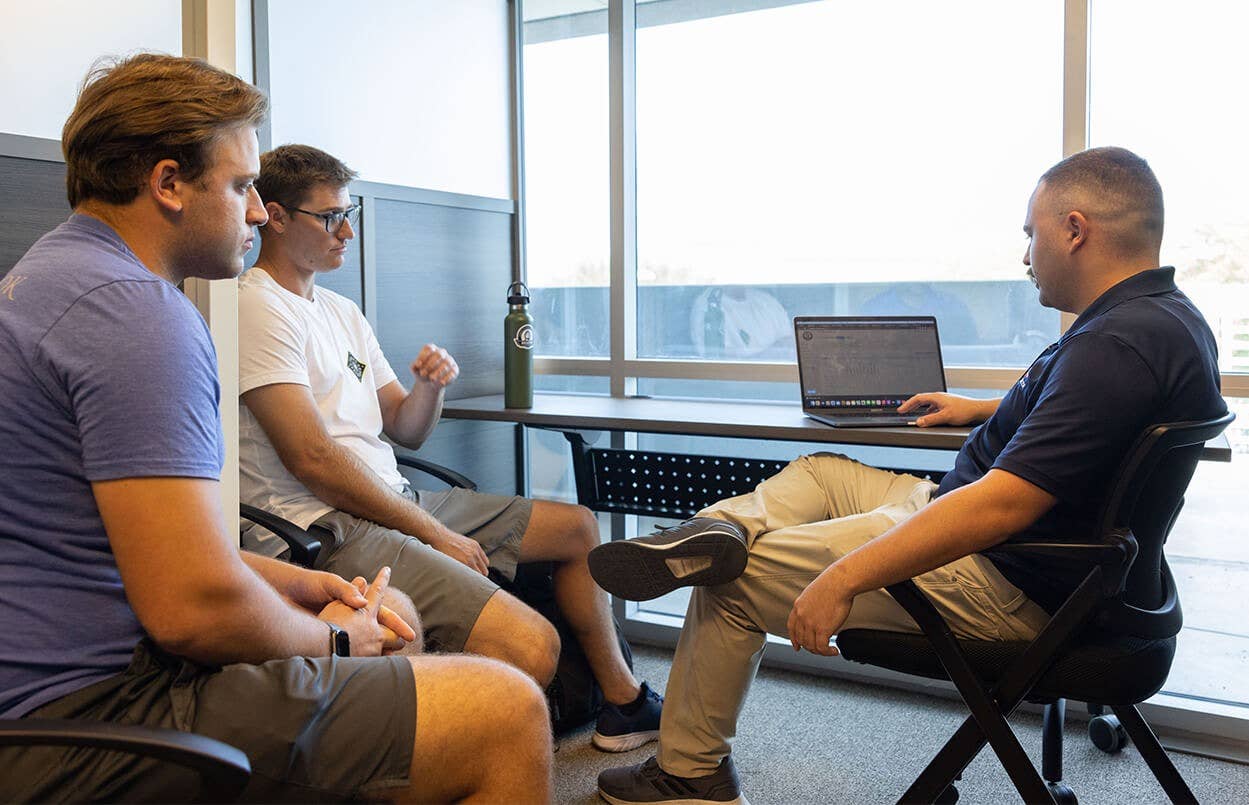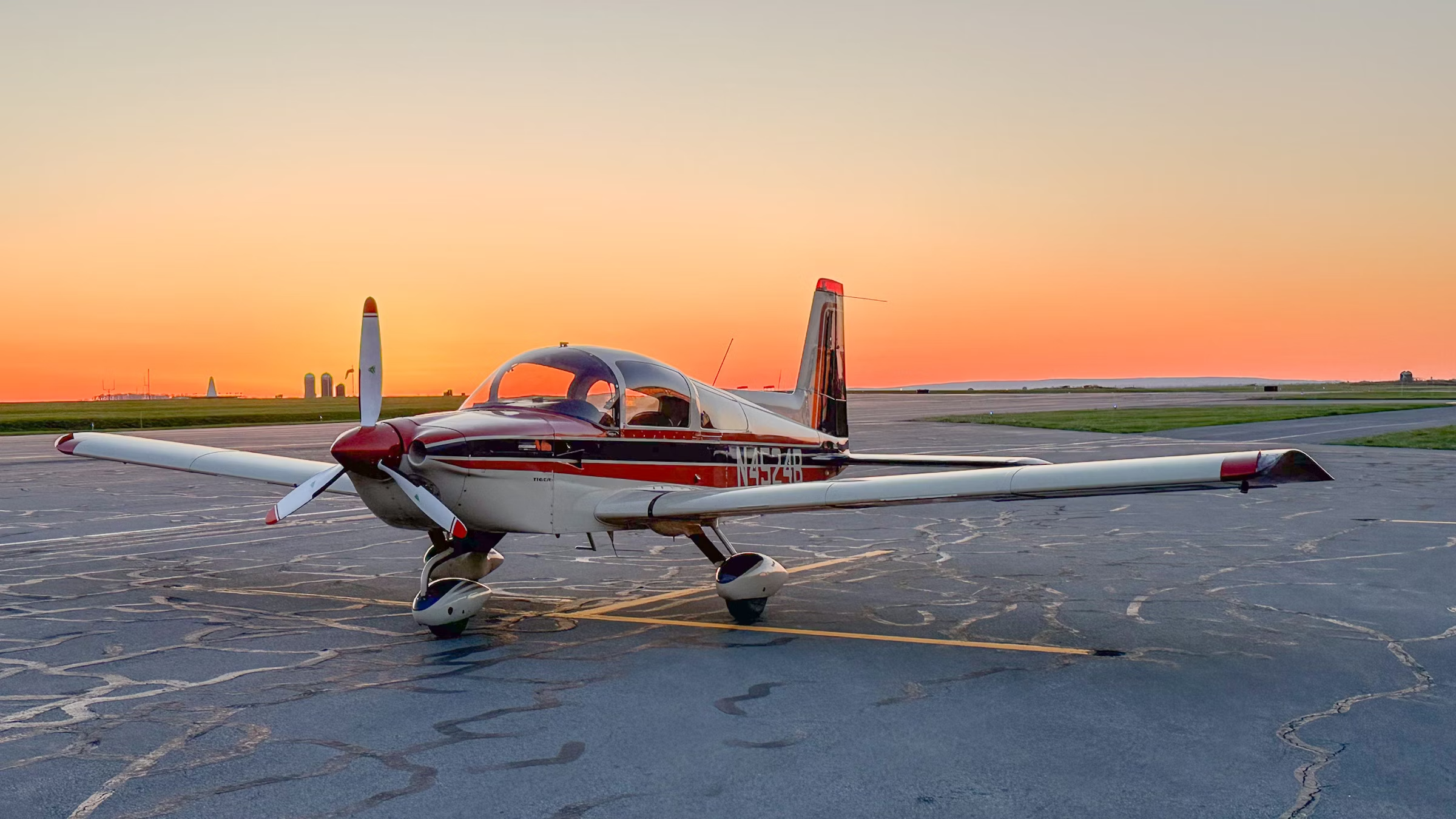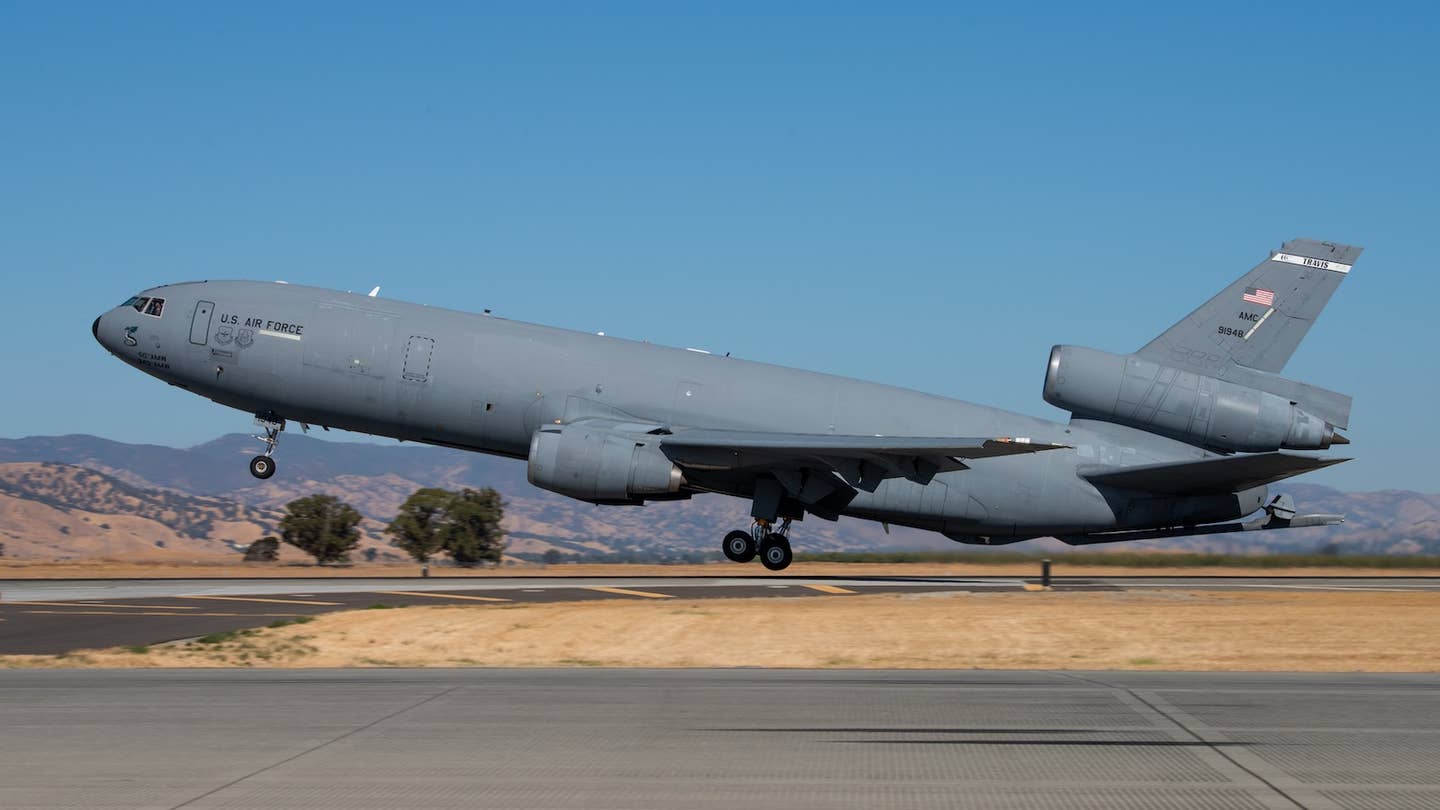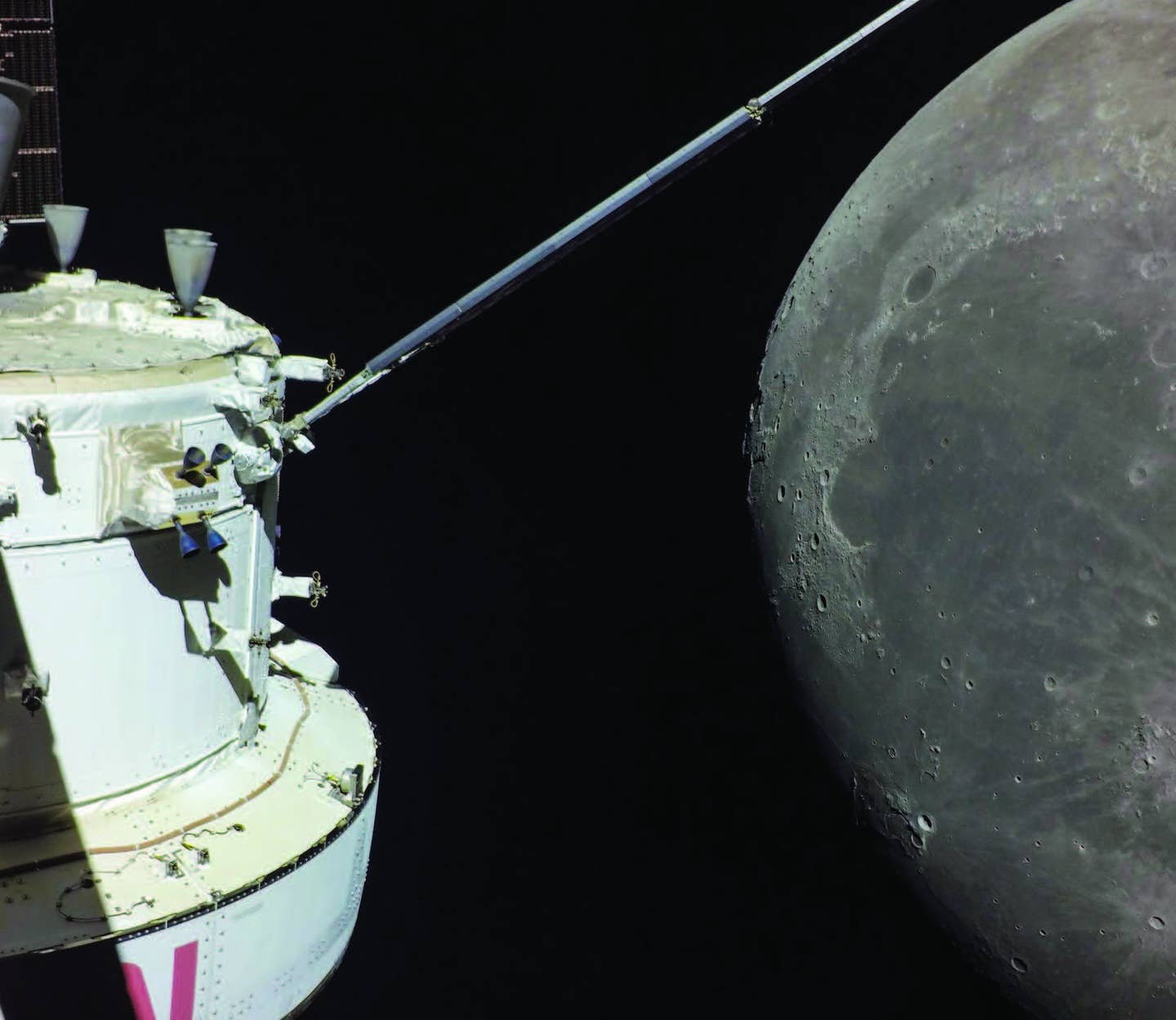Joby Receives FAA Part 135 Certification
Uber-backed Joby Aviation has received a Part 135 air carrier certificate from the FAA, authorizing it for on-demand commercial air taxi operations with conventional aircraft.
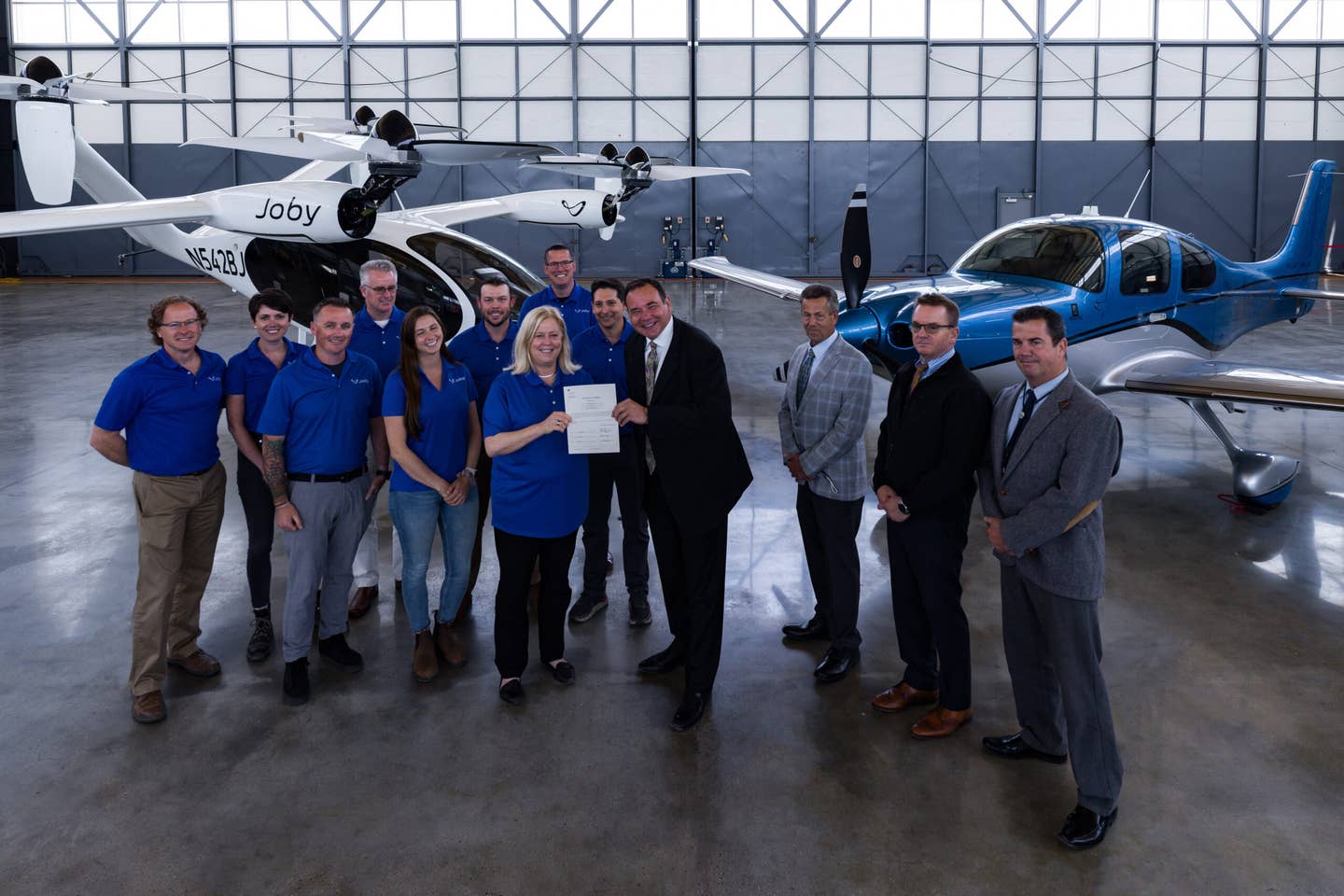
Joby’s air operations team receives the startup’s FAA Part 135 air carrier certificate from the FAA’s San Jose Flight Standards District Office. [Courtesy: Joby Aviation]
Uber-backed (NYSE: UBER) Joby Aviation (NYSE: JOBY) has received a Part 135 air carrier certificate from the FAA, allowing it to start on-demand commercial air taxi operations.
Pending certification of its electric vertical takeoff and landing aircraft (eVTOL), the California-based startup intends to operate with conventional fixed-wing aircraft—a fleet of Cirrus SR22s.
“Over the coming months, we will use our Part 135 certificate to exercise the operations and customer technology platforms that will underpin our multimodal ridesharing service, while also refining our procedures to ensure seamless journeys for our customers," said Bonny Simi, Joby’s head of air operations and people in a released statement.
Joby’s eVTOL–currently under development–is expected to be fully certificated and ready to enter service in 2024. The service is expected to piggyback off of Uber’s popular rideshare app.
The company has been flying full-sized eVTOL prototypes since 2017, performing more than 1,000 test flights of its electric tiltrotor design.
Following certification, the company will complete an FAA review process aimed at adding the new aircraft type to its existing air carrier certificate.
In its announcement Thursday, Joby noted the certification took place earlier than expected, after a five-stage process and the submission of more than 850 pages of manuals for approval. Joby officials had been expecting the certification in the second half of this year.
“Receiving this certificate ahead of schedule is a testament to the incredible dedication and hard work of our team,” Simi said.
The company has established itself as a leader in the emerging movement to develop small, zero-emission aircraft designed to fly passengers on short hops over congested urban traffic.
Simi told FLYING in March that Joby’s airline pilots will have the opportunity to enjoy a more balanced lifestyle, compared to traditional airlines. For example, there will be no overnights for air crew, because Joby plans to operate air taxis that fly short, local routes. Four-day pilot trips with layovers will disappear, Simi said, making family life easier.
With the help of her husband, Simi points out that she “raised a family as a female airline pilot. That’s hard—really hard. With this, now you’re home every night.”
During an investor teleconference earlier this month, Simi announced Joby’s chief pilot Garrett Smith had become the company’s first Part 135 check pilot. Smith led training for the company’s first four pilots, including Simi herself.
Joby’s pre-production prototype is propelled by six tiltrotors and battery-powered electric motors. It’s designed to carry a pilot and four passengers at speeds of up to 200 mph (174 kts), with a maximum range of 150 sm on a single charge.

Sign-up for newsletters & special offers!
Get the latest FLYING stories & special offers delivered directly to your inbox

